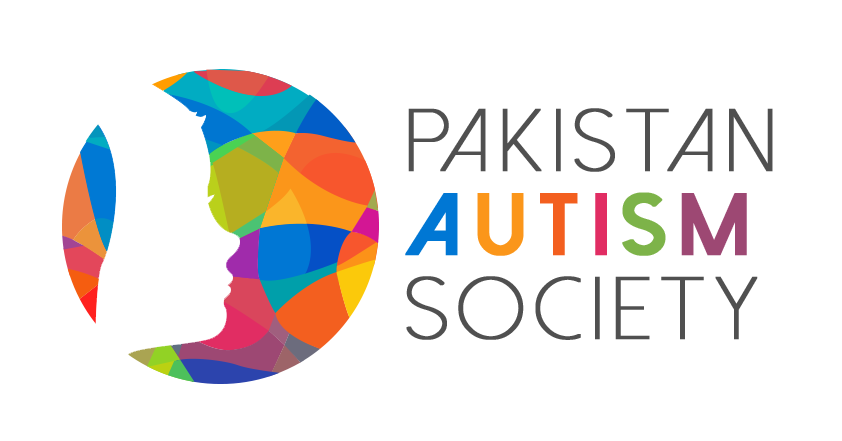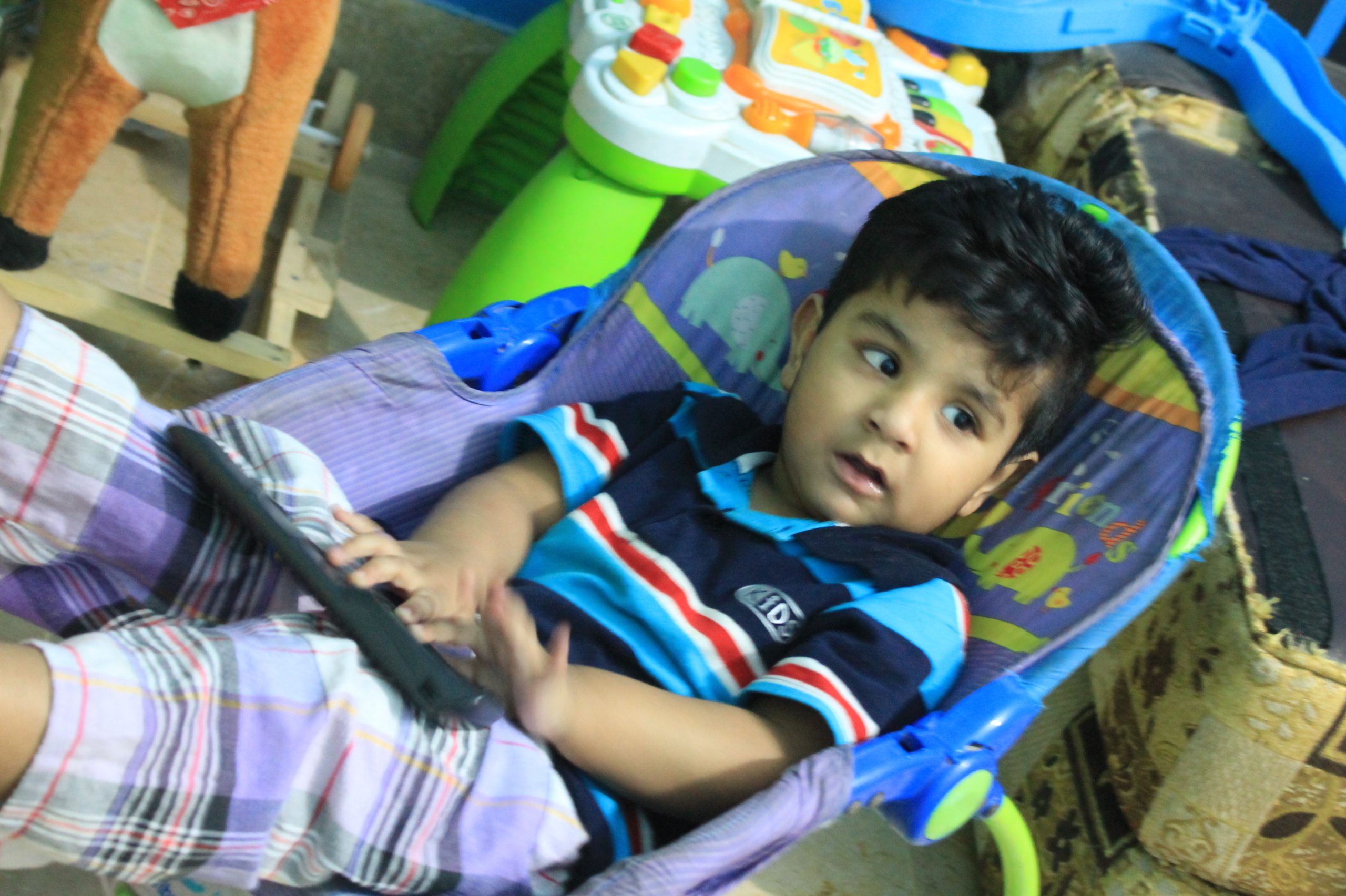Given the complexity of the disorder, and the way symptom severity varies, there are probably many causes of Autism Spectrum Disorder, ASD. In addition to potential environmental triggers identified in the DSM-5, researchers are also studying whether potential triggers such as viral infections, medications, or complications during pregnancy, or air pollutants play a role in the development of Autism Spectrum Disorder (ASD).
A recent study, published in JAMA Psychiatry, analyzed the data among 2 million people across five countries. It is the largest family-based genetic autism to date, including children with autism, their siblings, their cousins, their parents, and the siblings of their parents.
Results of the study showed that 80 percent of autism can be traced to inherited genes, rather than maternal effects. The study did account for the range of heritability data resulting from each country’s culture around autism. If a country tends to diagnose ASD less frequently, the heritability is lower.
As researchers continue to study both genetics and environmental factors to gain a clearer picture of what contributes to the development of ASD, there are a few known risk factors to consider.
- Gender: Males are 4 times more likely to develop ASD than females.
- Family history: Families with one child diagnosed with ASD are more likely to have a second child with ASD.
- Other medical conditions
- Advanced parental age
- Preterm birth
Though there is no way to prevent ASD, there are treatment options available. Early intervention can improve social and communication skills and help kids function well in school, their families, and their communities, through intervention at any age is helpful.
In young children, impaired social and communication abilities may affect learning, particularly learning in group settings. Fixed routines and difficulty with transitions (low flexibility), combined with possible sensory sensitivities, can also make mealtimes and schedule changes difficult both in the school setting and at home.
For teens and young adults with ASD, social and communication impairments can affect friendships and other relationships and deficits in executive functioning skills can impair both academics and functional daily living skills, but teens with ASD also go through similar behavioral changes as neurotypical teens. Talking back, sleeping late, and procrastination are fairly among teens, regardless of social and communication skills.













